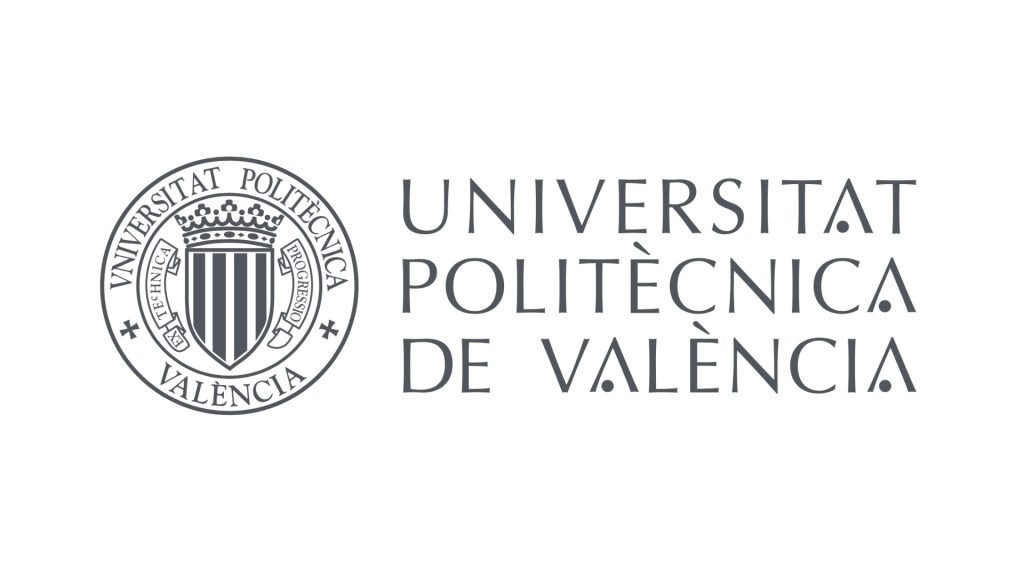
The Universitat Politècnica de València is the best technological university in Spain, according to the Academic Ranking of World Universities (ARWU), known as the Shanghai ranking. Currently, it has 30,000 students, 3,700 teachers and researchers and 1,400 administration and service professionals, distributed among the three campuses located in the cities of València, Alcoy and Gandía.
The UPV teaches 45 degrees and 15 double degrees; 104 master’s degrees and double university master’s degrees and 32 doctoral programs. 72% of UPV students are already working one year after completing their studies. And this is largely due to company internships, which are paid. In addition, the Servipoli Foundation manages the search for part-time jobs compatible with studies. All of this places the UPV among the 250 universities with the greatest employability in the world, according to the QS GER ranking.
In terms of internationalization, the UPV maintains more than a thousand agreements that allow the exchange of students with other European and Latin American universities, the United States, Canada, Australia, China or Japan. It is the sixth in Europe in Erasmus received, out of a total of 4,500 institutions participating in the program. In terms of free online courses (MOOC), the UPV is in the top 5 in the world, only surpassed by Harvard, Microsoft, MIT and the University of Delft.
In its little more than 50 years of history, the UPV has produced 145,000 scientific publications. It is the national leader in the number of patents and one of the Spanish academic institutions that obtains the most income from its research activity. The UNESCO Chair in University Management and Policy describes the UPV as a young, prepared, competitive, international institution with an excellent capacity to monetize the services provided by its teaching and research staff.
In recent years, the UPV has positioned itself as one of the 200 universities in the world most committed to sustainability and the environment.
In the field of Civil Engineering, the ETSICCP (Escuela Técnica Superior de Ingenieros de Caminos, Canales y Puertos) is one of the oldest technical schools in UPV. It was created by Decree 2731/1968 of October 24, remaining attached to the newly created Higher Polytechnic Institute of Valencia. It thus became the third Civil Engineering School in Spain, after those of Madrid and Santander. In 1971, following the Decree of March 11, through which the highest academic rank is granted to the Institute Polytechnic University of Valencia, the institution is definitively established as a Polytechnic University of Valencia.
Within the scope of Structural Engineering, two departments and one research institute are members of the ETSICCP: Department of Continuum Mechanics and Theory of Structures, Department of Construction Engineering, and ICITECH – Institute of Concrete Science and Technology. With two Master programs offered in the ETSICCP, one specifically devoted to Concrete Engineering, and another dedicated to Structural Analysis and Design, the teaching and research activity related to Structural Engineering is vigorous at the ETSICCP, involving 60 Master’s students and several national and European research projects with dedicated doctoral and postdoctoral research.
Relevant experience from projects or activities related with railways and bridge dynamics:
Website: www.upv.es

You can reach the project coordinator Pedro Montenegro at:
paires [at] fe.up.pt

This project has received funding from the Europe’s Rail Joint Undertaking under Horizon Europe research and innovation programme under grant agreement No. 101121765 (HORIZON-ER-JU-2022-ExplR-02).
Views and opinions expressed are however those of the author(s) only and do not necessarily reflect those of the European Union or Europe’s Rail Joint Undertaking. Neither the European Union nor the granting authority can be held responsible for them.
All Rights Reserved © 2023 | Made: Perto Creative Agency